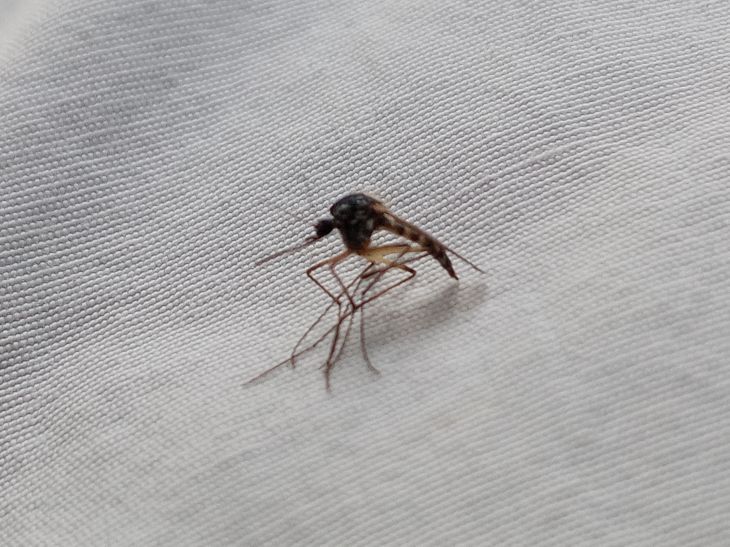The question of why mosquitoes show such differences in their "victims" has led scientists to investigate the various factors that influence mosquito preferences.
Mosquitoes have a unique ability to detect their victims through chemicals released by their breath.
Differences in the composition of breathing air between people may result in some being more attracted to it than others.

Thermal radiation
Human thermal radiation may also influence mosquito preferences.
For example, a higher body temperature may attract mosquitoes because they respond to thermal differences.
Group predisposition
Research suggests that some groups of people may be more susceptible to mosquito bites due to genetic factors, including differences in the production of odors and chemicals.
Group compatibility
Blood types and other genetic aspects may also influence mosquito preferences.
Some studies suggest that people with certain blood types may be more attracted to mosquitoes.
Odor emission
The human body produces a variety of odors that can be attractive to mosquitoes.
The influence of diet, sweat glands and cosmetics on mosquito preferences can be significant.
Skin scents
Chemicals found in sweat and on the surface of the skin can also influence how attractive a person is to mosquitoes.
Color of clothes
Some clothing colors may be more attractive to mosquitoes because they may respond to certain color spectrums.
Type of clothing
Some types of clothing may provide more protection from mosquitoes than others, affecting the likelihood of being bitten.
The question of why mosquitoes choose their "victims" unevenly remains an interesting topic for research.
Physiological, genetic and visual factors can interact to create a unique attractiveness profile for mosquitoes.
Understanding these mechanisms may help develop more effective mosquito repellents and reduce the discomfort associated with mosquito bites.
